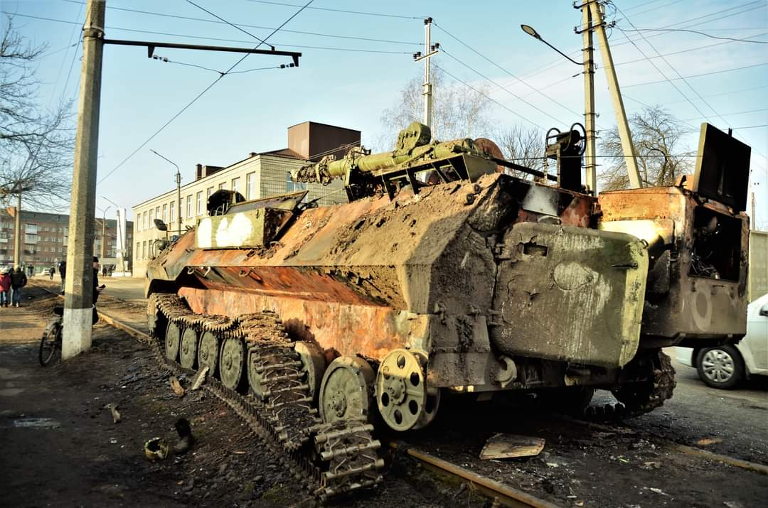Welcome to the tangled web of energy, climate, economy, and politics.
Inflation is making American consumers grumpy about the current administration. Why do we have inflation? Partly because of high energy prices: energy is essential for literally everything we make and do, and oil and natural gas prices have been surging. Why have oil and gas prices been going up? For a decade, American producers were able to pull a few million rabbits out of hats and keep prices reasonably affordable by applying new drilling technology (fracking and horizontal drilling) to low-quality resources (geologists call them “source rock”). But all that drilling was financed by mountains of debt, and made possible by ultra-low interest rates; even then, much production was unprofitable. Meanwhile, the pandemic has whiplashed energy demand, making producers more reluctant to invest in new drilling projects. Now interest rates are inching up, the “sweet spots” of those marginally profitable resources are mostly drilled, and what’s left is real estate that will require more investment per unit of output.
Following Russia’s invasion of Ukraine, less Russian natural gas will likely flow to Europe, raising gas prices there; so, US natural gas producers will be shipping more of their product to Europe via LNG tankers, pushing up prices in America, too. At the same time, Russia could reduce oil shipments in retaliation for economic sanctions, or NATO countries might embargo Russian exports, thus raising global oil prices even further (prices are already spiking in anticipation).
The Biden administration wants domestic oil and gas producers to drill and pump more to reduce energy prices, hence to ease inflation, hence to forestall political backlash from constituents. But the energy industry can’t turn on a dime: higher fuel prices will help, but new projects take months or years to develop. And new oil and gas resources won’t appear just because we want them to.
How about OPEC? Biden is no doubt on the phone with Saudis these days, asking them to open the spigots. But the Saudis’ tired old oilfields are being nursed toward retirement, and would be damaged if engineers tried to nudge production up by much.
Meanwhile, all this encouragement of new oil and gas production works against climate action. In case you haven’t heard, carbon emissions are still rising, the Earth is heating up, glaciers are melting, forests are burning, and seas are about to inundate coastal cities.
What to do? Many environmentalists are saying that inflation and high energy prices are signals to invest more in wind and solar. From the perspective of policy makers, that’s an even slower solution than increased drilling. We would need something like 20 years’ worth of new solar and wind infrastructure (at recent rates of installation) to make a serious difference in energy prices, and we’d need it in the next few weeks or months, thank you very much. Adding to potential geopolitical complications, China makes 80 percent of the world’s solar panels these days. In case you’re thinking nuclear, that’s slower still.
For world leaders, fighting climate change is a top priority—when they happen to be at climate conferences. Other times, it’s all about the economy.
Get used to it. This is how it’s always going to be: leaders will invariably have an urgent excuse not to actually cut back on fossil fuels (perhaps because they’re needed for military machinery), even as geology gives us clear warnings that these non-renewable resources are depleting and undependable.
If you’re looking for a politically easy solution to the inflation, energy, and climate conundrum, there probably isn’t one. It’s such a tangled web, with so many competing interests, that something’s got to give sooner or later. If we want a habitable planet, short-term sacrifices related to energy and the economy will be required, and few of the benefits that are in store from greener ways of living will show up right away. But politics is all about the next election cycle. Somehow, we need to build a consensus of willingness to face hard trade-offs even as our leaders delay or outright refuse to take responsible action.
Teaser photo credit: A destroyed APC from the Battle of Konotop. By ZomBear – Own work, CC BY-SA 4.0, https://commons.wikimedia.org/w/index.php?curid=115601756






